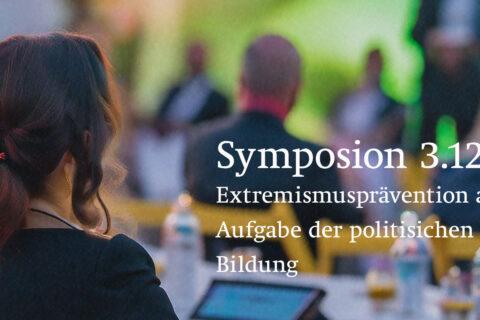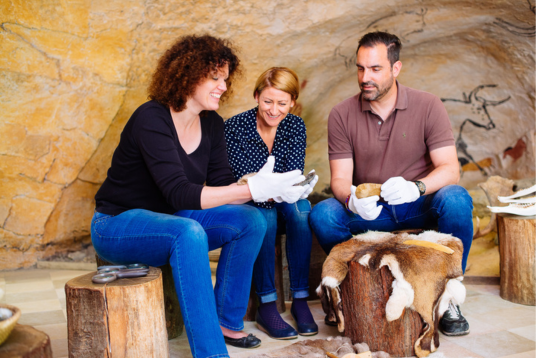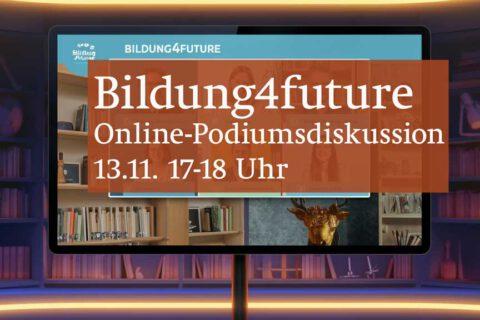is the European History Educators’ joint response to the 17 March 2015 declaration by the Education Ministers of the European Union.
History, heritage and citizenship education for promoting citizenship and the common values of freedom, tolerance and non – discrimination
HISTORIANA – YOUR PORTAL to THE PAST
is an on-line educational multimedia tool that offers students multi-perspective, cross-border and comparative historical sources to supplement their national history textbooks.
It might be considered as a digital alternative to a European textbook, however the website does not attempt to present a comprehensive ‘story of Europe’ and its relationship with the rest of the world. It offers a framework for comparing and contrasting the impact on and responses by Europe’s nations to a range of different events and developments which have shaped the world from the distant past to modern times. Historiana promotes the acquisition of cross-border historical knowledge and the development of critical thinking, digital and other transversal competences important for preparing a young generation for active participation as citizens of the 21st Century. History educators and historians from more than 30 countries have actively contributed to the present on-line tool. Recently also, educators from India, Middle East, North Africa and the United States have expressed an interest in contributing to the website. Historiana™ will continue to grow as more and more contributors upload suitable material.
HISTORY THAT CONNECT THE WESTERN BALKANS
New Free Teaching Resource by EUROCLIO, English Language Version Available
In the 1990’s the wars in the countries of Former Yugoslavia disrupted life in the region immensely. After peace agreements were signed, communication and mutual understanding between the different societies had to be rebuilt. How to teach history became a formidable challenge. EUROCLIO took on this challenge in 2003 and embarked on a joint project with history educators from Bosnia-Herzegovina, Croatia and Serbia. This was the start of the History that Connects programme. The programme aims to improve history education in the all countries of Former Yugoslavia as well as the wider Western Balkans in a way that it furthers peace, democracy, tolerance and critical thinking. Educators in the region work together towards developing inclusive and multi-perspective materials on the sensitive history of the region. The development of the material can be understood as an intense competencies-building course and be used as basis for an alternative approach for national curricula.


